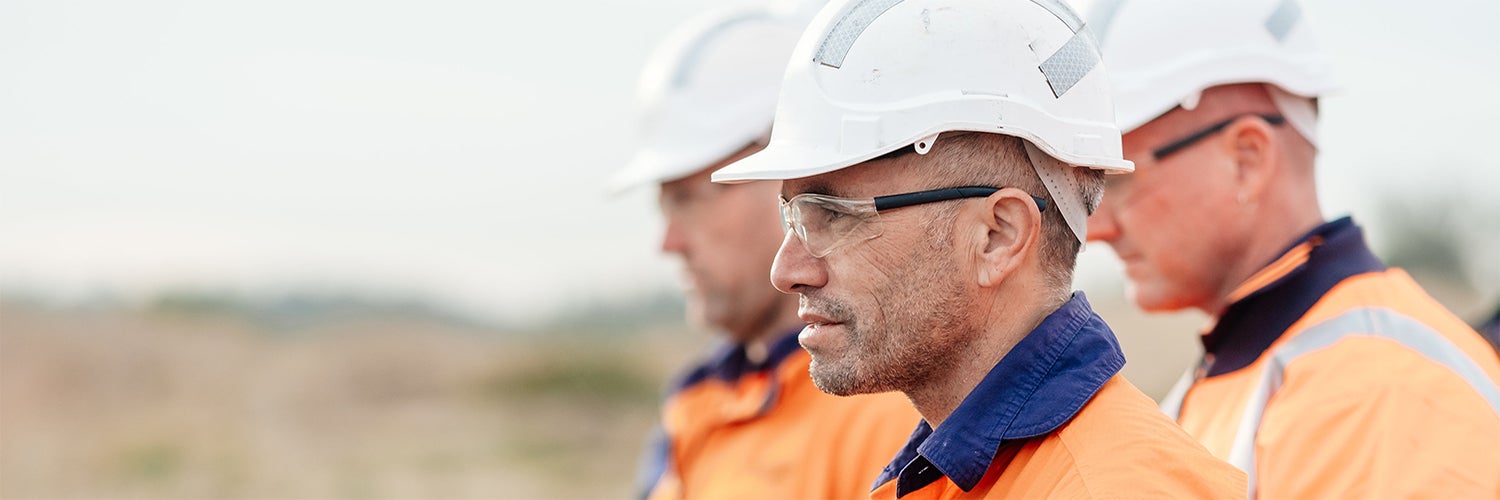Page
Watermark Project – time for balanced discussion based on facts
“
Claims made by some opposing the job-creating Shenhua Watermark mine are not supported by facts, NSW Minerals Council CEO, Stephen Galilee said today.
“Mining projects in NSW are assessed against some of the highest environmental assessments in the world and this project is no different, with it’s potential impact on land and water in the region heavily scrutinised over a rigorous three year assessment period.”
“Claims by some that the mine will be the ‘death warrant for the Liverpool Plains’ and that this single mining project will threaten the ‘state’s and nation’s food security’, are irresponsible exaggerations seeking to whip up fear rather than deal in the facts,” Mr Galilee said.
Further, the project is not located on the black soil country of the Liverpool Plains, despite some of the claims being made.
And despite the rhetoric of some, mining actually has a very small footprint in the region.
According to the NSW Government’s Strategic Regional Land Use Plan for the region, mining operations use less than 0.1% of land in the region, compared to around 70% used by agriculture, a ratio that will hardly be affected by this project.
Similarly in relation to water use, in the high quality, high yielding aquifers in the region, around 80% of the water rights are held for irrigation, followed by stock and domestic use, town water supply, and finally industrial and mining use with around 1% of rights.
And mines have to be licensed for any water they take from the system, just like any other user.
“Mining has played an important role in the region for generations and will continue to do so. It provides many hundreds of local job – over 350 miners live in Gunnedah alone. Mining also has helped protect the economies of local communities in the region, especially during difficult times of drought.
In the last financial year alone, local mines spent $213 million on wages, salaries and business purchases in the region, providing over 700 local jobs and supporting over 500 local businesses.”
“It’s important that all industries are able to co-exist. The New England region is a big place, and with a co-operative approach there is room for everyone. Attempts to whip up anger against one industry are not in the best interests of the region, and overlook the hundreds of local people working in mining every day.”
Contact: Brad Emery

